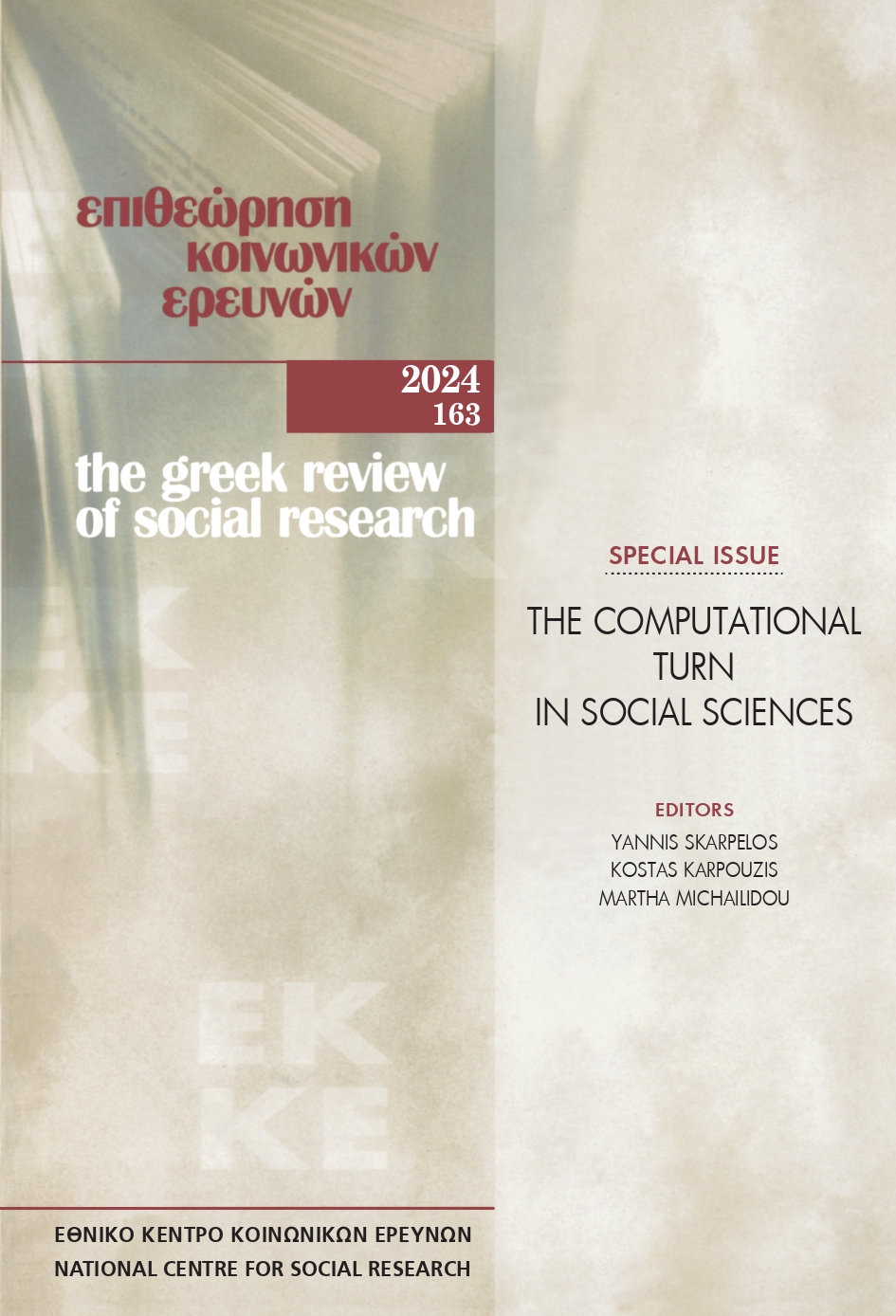Virtual encounter simulations for comparing public expectations about the role of the welfare state

Abstract
By the end of September 2022, a plebiscite about a new pension law suggested once more that the western Swiss region of the Arc Lémanique (AL) is politically different from the rest of Switzerland. Newspapers argued that this is the result of the proximity to France with the same language as the AL.
This paper tries to find out, how far the political opinions of the AL are away from the rest of Switzerland and how close they are to France. For this purpose, the author presents a new methodology from computational social science: virtual encounter simulations, which he successfully applied in an earlier publication to similar problems. It is based on the idea of using survey data for the construction of random-dyads of persons, who can subsequently be compared with regard to their political attitudes. By averaging the inter-individual differences of dyads of persons belonging to the same group and dyads belonging to different groups it is possible to compare ideological inter-group with intra-group conflicts.
In order to tackle the initial research question, the author analyses the international survey ISSP-V (2016), focussed on the role of government, also with regard to the mentioned old age pensions. Virtual encounter simulations reveal that the AL is ideologically much closer to German speaking Switzerland than originally expected.
Article Details
- How to Cite
-
Mueller, G. P. (2024). Virtual encounter simulations for comparing public expectations about the role of the welfare state. The Greek Review of Social Research, 163, 125–142. https://doi.org/10.12681/grsr.38509
- Section
- Articles

This work is licensed under a Creative Commons Attribution-NonCommercial 4.0 International License.
Authors who publish with this journal agree to the following terms:
- Authors retain copyright and grant the journal right of first publication with the work simultaneously licensed under a Creative Commons Attribution Non-Commercial License that allows others to share the work with an acknowledgement of the work's authorship and initial publication in this journal.
- Authors are able to enter into separate, additional contractual arrangements for the non-exclusive distribution of the journal's published version of the work (e.g. post it to an institutional repository or publish it in a book), with an acknowledgement of its initial publication in this journal.
- Authors are permitted and encouraged to post their work online (preferably in institutional repositories or on their website) prior to and during the submission process, as it can lead to productive exchanges, as well as earlier and greater citation of published work (See The Effect of Open Access).


